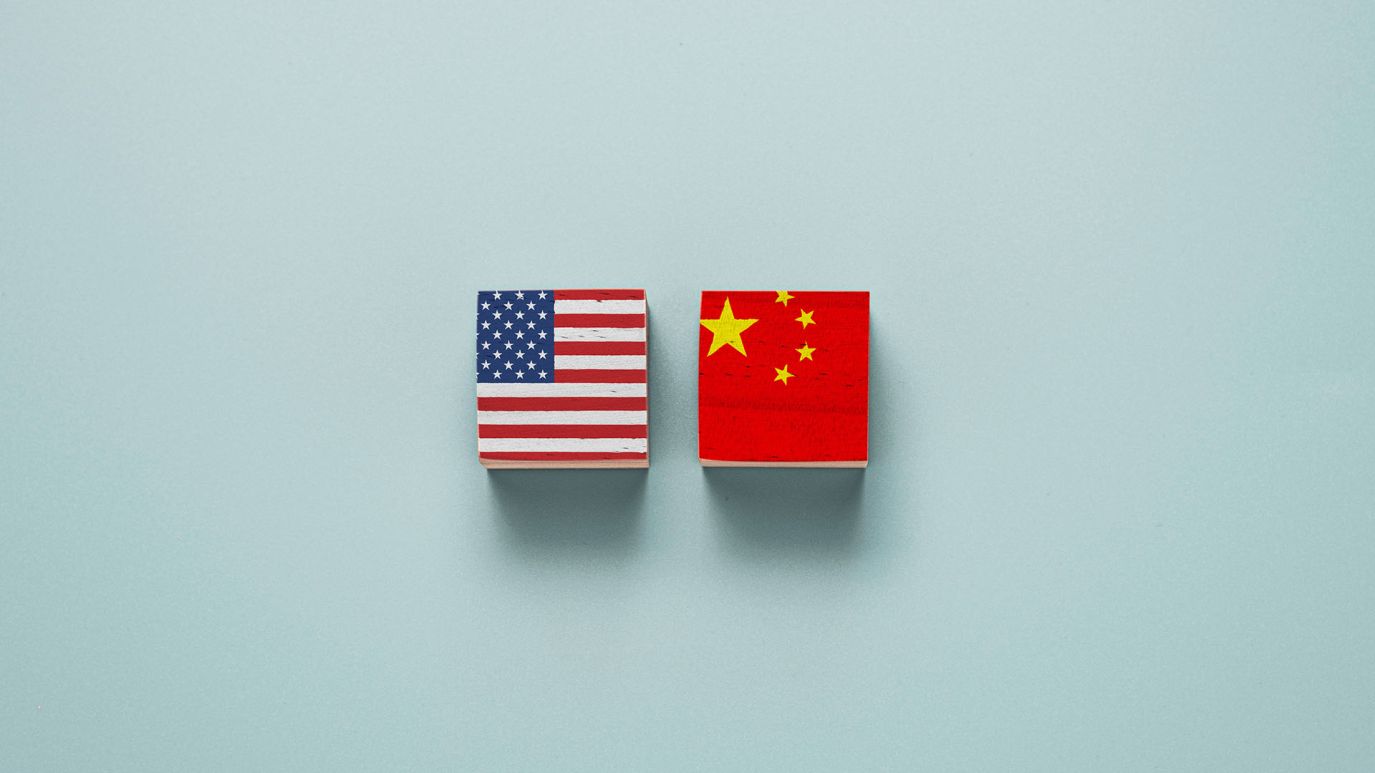US-China Tensions Persist Despite Biden-Xi Call

Pamir observes that US and Chinese official readouts indicate that fundamental disagreements on priority issues – Taiwan, the South China Sea, trade, and technology – continue to strain the relationship. US-China relations are likely to remain turbulent for the rest of 2024.
On 2 April, US President Joe Biden and Chinese President XI Jinping had a phone call lasting almost two hours, the first direct talk between the two leaders since their meeting in San Francisco last November. On 3 April, the Chinese Foreign Ministry spokesperson provided an extensive readout of the phone call, stating that the bilateral relationship is “beginning to stabilize” and that President Biden “reiterated that the US does not seek conflict with China.”
According to the White House readout, during the phone call President Biden “emphasized the importance of maintaining peace and stability across the Taiwan Strait and the rule of law and freedom of navigation in the South China Sea.” However, the Chinese government continues its assertive stance on both issues.
- The Chinese Foreign Ministry readout states that Xi “stressed that the Taiwan question is the first red line that must not be crossed in China-US relations. In the face of ‘Taiwan independence’ separatist activities and external encouragement and support for them, China is not going to sit on its hands.”
- The Chinese Foreign ministry spokesperson accused the Philippines of being the “root cause” of recent tensions in the South China Sea and added, “The US is not a party to the South China Sea issue and should not intervene in matters between China and the Philippines.”
Both governments’ official readouts indicate that trade and technology are the most contentious issues in US-China relations.
- The White House readout states that President Biden “raised continued concerns about the PRC [People’s Republic of China]’s unfair trade policies and non-market economic practices….” President Biden “emphasized that the United States will continue to take necessary actions to prevent advanced US technologies from being used to undermine our national security….”
- The Chinese Foreign Ministry readout states that Xi accused the US of adopting “a string of measures to suppress China’s trade and technology equipment and is adding more and more Chinese entities to its sanctions lists. This is not ‘de-risking,’ but creating risks.” If the US “is adamant on containing China’s hi-tech development and depriving China of its legitimate right to development, China is not going to sit back and watch.”
Notwithstanding these and other disagreements, official readouts indicate that both governments expect and welcome “ongoing efforts to maintain open channels of communication” and “high-level diplomacy and working-level consultations” “to strengthen dialogue and communication.” Both US and Chinese readouts acknowledged Secretary of Treasury Janet Yellen’s 3-9 April visit to China and the upcoming four-day visit of Secretary of State Antony Blinken on 23 April.
- The Pentagon announced that on 16 April Secretary of Defense Lloyd Austin spoke with his Chinese counterpart for the first time since November 2022. According to the Pentagon spokesperson, during the virtual meeting Secretary Austin “underscored the importance of respect for high seas freedom of navigation guaranteed under international law – especially in the South China Sea – and reiterated that the United States will continue to fly, sail, and operate safely and responsibly, wherever international law allows.”
The Xi-Biden call came at a critical time, particularly before Taiwan’s presidential inauguration on 20 May and when tensions between China and the Philippines in the South China Sea are rising. China does not expect any major change in Biden’s China policy, particularly in a US election year. China likely expects that the US will adopt additional hostile measures in trade and technology.
- Beijing will keep communication channels open with the US in the interest of stability. However, on issues like Taiwan and the South China Sea, China will continue to be assertive because these issues have significant domestic political implications in China.
- Chinese experts observe that one significant difference between the current US administration and its predecessor is that the US has assembled more allies to counter China under President Biden. Therefore, China believes it must do the same. In addition to maintaining close ties with Russia, Beijing will continue to strengthen support in Southeast Asia and in the Middle East.
US and China Exchange Sanctions
Against this backdrop, the US and China have imposed additional sanctions on US and Chinese companies.
- On 10 April, the US added six Chinese companies to its export blacklist – four Chinese companies have ties with the Chinese military; one is aiding Russia; and another company is helping Iran. The Biden administration has added 319 Chinese companies to the US Entity List, more than the 306 companies blacklisted by the Trump administration.
- On 11 April, China announced sanctions against General Atomics Aeronautical Systems and General Dynamics (GD) Land System for their participation in arms sales to Taiwan. The sanctions included freezing their assets held in China, including Hong Kong, and banning the executives of these companies from entering China. Observers believe that these sanctions are mostly symbolic since neither company has assets nor business operations in China. The sanction against GD targets only one of the company’s affiliates. China still relies on other GD affiliates, such as Gulfstream, which services 40% of China’s executive jet fleet, according to Chinese media reporting.
China’s 5G influence in developing economies
China’s Belt and Road Initiative and its digital counterpart, the Digital Silk Road, threaten to displace US telecom and tech companies in developing economies in Africa, Latin America and the Middle East. How can US operators and network providers stand up to the challenge?